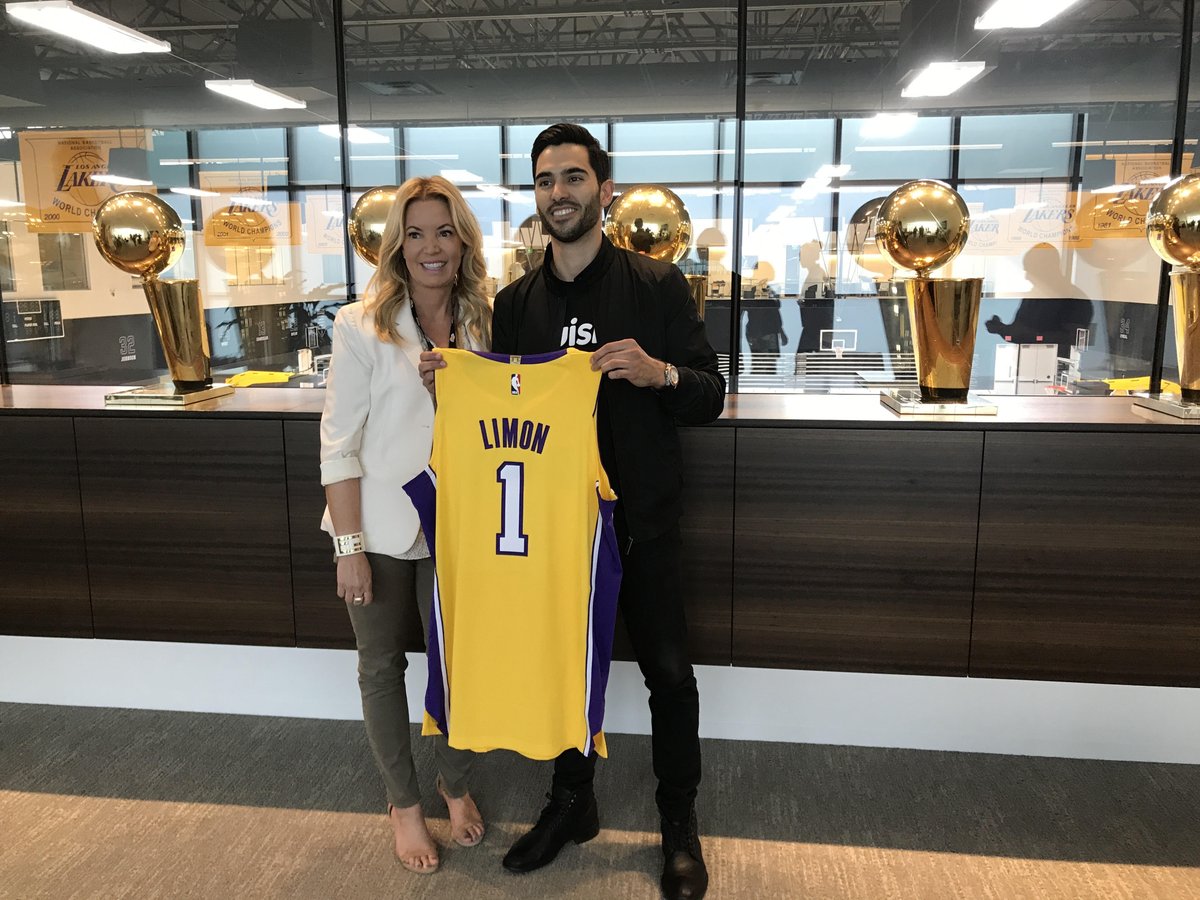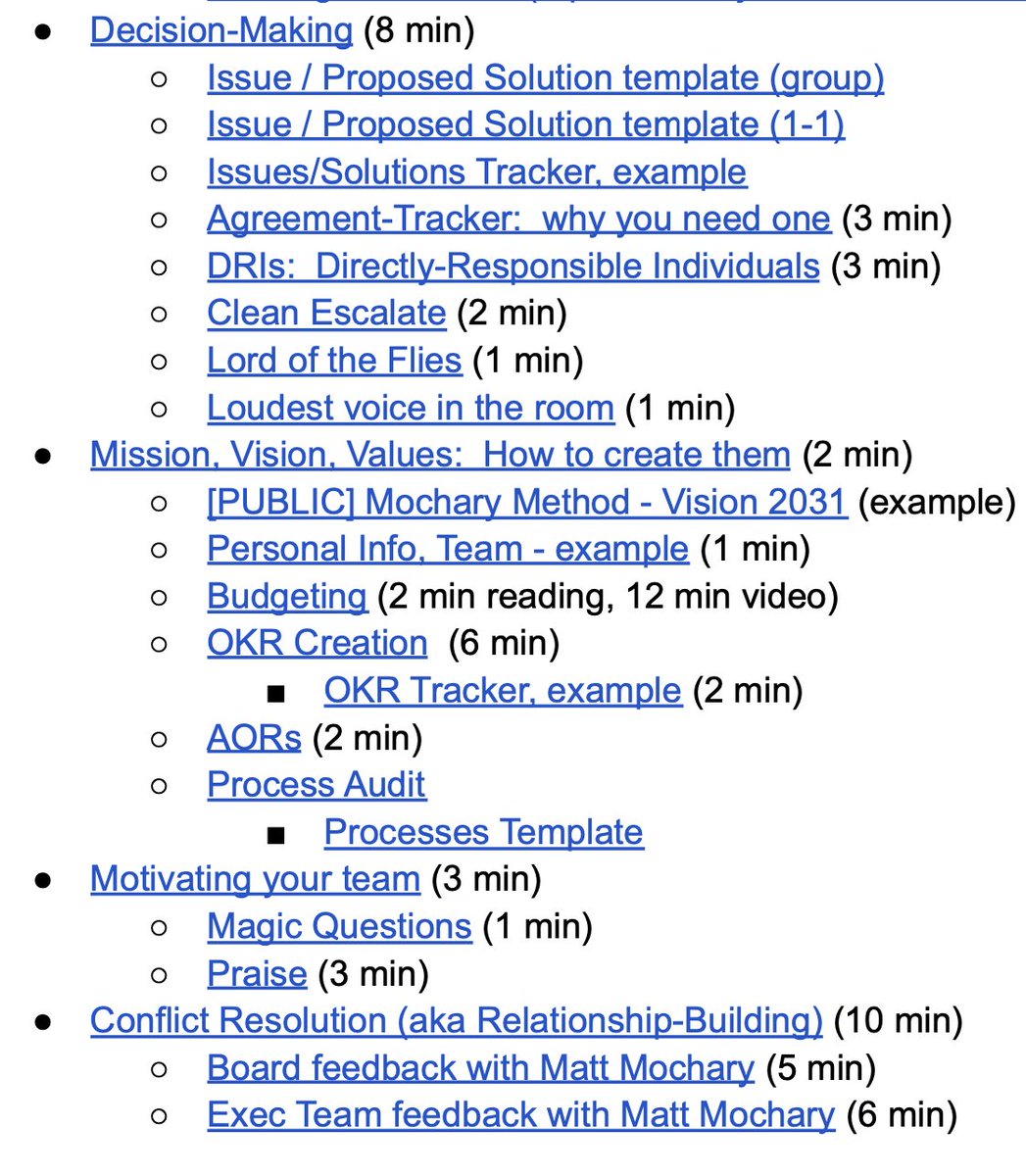Wish's superpower is leaving no room for taste or opinion. It's what happens when a machine builds a company based on data. The founder didn't plan to sell cheap goods to low-socioeconomic customers, but where the data took him.
The most sophisticated growth team no one talks about: @WishShopping
1. The #1 shopping app in 40+ countries
2. Rumored to often be the #1 spender on FB and Google
3. 2 million items sold daily
I sat down with @cplimon to learn about the notoriously secretive company. Read on 👇
Wish's superpower is leaving no room for taste or opinion. It's what happens when a machine builds a company based on data. The founder didn't plan to sell cheap goods to low-socioeconomic customers, but where the data took him.
cursed wish ads pic.twitter.com/eMlx4LqgKA
— big meaty claws (@leisurepIex) June 4, 2019
Most of Wish’s initial sales came from places like Florida, greater LA county, and middle-America. Specifically, zip codes with 95% Spanish speakers. Later, Africa, Latin America and Eastern Europe (avg household income $18,000/year)
Even though Wish grew primarily through paid ads, they recognized they also had a perception problem. e.g. The top Google search result for Wish was "is Wish a scam." So they invested in brand campaigns, partnering with respected brands.

The founder, Peter, is the Michael Jordan of growth & performance marketing. He understands how every moving piece impacts every other piece. But with that, he maintains complete control of what everyone does at the company.
Wish started as a free wishlisting product (get it?), and with that acquired a ton of free demand. They then went to the merchants of the most wishlisted products (in China), and offered this demand to them if they would sell their products on the platform.
Wish helped invent what is now one of the most significant products within Facebook ads: Dynamic Product Ads. This gives companies the ability to upload a giant list of product SKUs, which FB pulls from to run ads dynamically.
* Efficiency: Probably had a record of GMV to headcount ratio, several million GMV per employee for a long time
* The right timing: Wish was possible because of the combination of growth of smartphones + emergence of FB ads + Peter's unique skillset
* Stunts: Wish also sponsored the Mayweather/MacGregor fight, and some of the world's most successful soccer players
https://t.co/VavQ59kUl4
More from Lenny Rachitsky
Matt Mochary has been CEO coach to @naval, the founders of OpenAI, Notion, Rippling, Robinhood, Coinbase, Reddit, Plaid, Flexport, Opendoor, partners at Sequoia, YC, Benchmark, and many others.
He also open-sourced his entire curriculum, templates and all. Here's a link 👇

The Mochary Method Curriculum ➔ https://t.co/A8J51IzYhz
My recent conversation with @mattmochary where we talk about fear, anger, innovation, how to lay people off well, and his coaching practice ➔
Also in podcast form ➔
For more from Matt, buy this book
He also open-sourced his entire curriculum, templates and all. Here's a link 👇

The Mochary Method Curriculum ➔ https://t.co/A8J51IzYhz
My recent conversation with @mattmochary where we talk about fear, anger, innovation, how to lay people off well, and his coaching practice ➔
Also in podcast form ➔
For more from Matt, buy this book
More from World
With historical Data and explanations, I will want to DISAGREE with what you said here ma'am Or at Least Reframe what you said because what you said can be used to refer to a lot of scenarios.
Who are the "Citizens of Nigeria" you claim are not ready because they are...
(/1)
Not demanding good governance?.
If by this you mean the Vast majority of Nigerians that are in the lower class should demand for good governance, then I hope you know this can never be effective.
Why?
It is virtually impossible for the lower class citizens to gather and...
Demand for good governance. What do they know that they want to demand? The few among them that are "enlightened" will have their voices drown out by the many that are not. I hope you know that there will always be the ignorant, evil men (hired assassin, political thugs) and also
Good men, the proportion of good men to the ignorants and evil men in this social class is low. Therefore l, gathering to something meaningful will be low.
How will they even gather? Through elections? I also hope you know that the wicked political leaders will not just fold...
Their arms and not defend their rulership from being overthrown. They will surely sow misinformation, spread lies aimed at misleading the masses. This particular social class, that are also numerous will be easy to swallow such lies and cajoled. Buhari was sold to us as a...
Who are the "Citizens of Nigeria" you claim are not ready because they are...
(/1)
I will repeat it yet again.
— Oby Ezekwesili (@obyezeks) February 18, 2021
Citizens of Nigeria are not yet ready for Good Governance.
They absolutely enjoy and believe they deserve to be poorly governed.
The Politicians know this and dish Bad Governance in large doses to them.
When citizens are ready, it will end.\u270d\U0001f3fe
Not demanding good governance?.
If by this you mean the Vast majority of Nigerians that are in the lower class should demand for good governance, then I hope you know this can never be effective.
Why?
It is virtually impossible for the lower class citizens to gather and...
Demand for good governance. What do they know that they want to demand? The few among them that are "enlightened" will have their voices drown out by the many that are not. I hope you know that there will always be the ignorant, evil men (hired assassin, political thugs) and also
Good men, the proportion of good men to the ignorants and evil men in this social class is low. Therefore l, gathering to something meaningful will be low.
How will they even gather? Through elections? I also hope you know that the wicked political leaders will not just fold...
Their arms and not defend their rulership from being overthrown. They will surely sow misinformation, spread lies aimed at misleading the masses. This particular social class, that are also numerous will be easy to swallow such lies and cajoled. Buhari was sold to us as a...


























